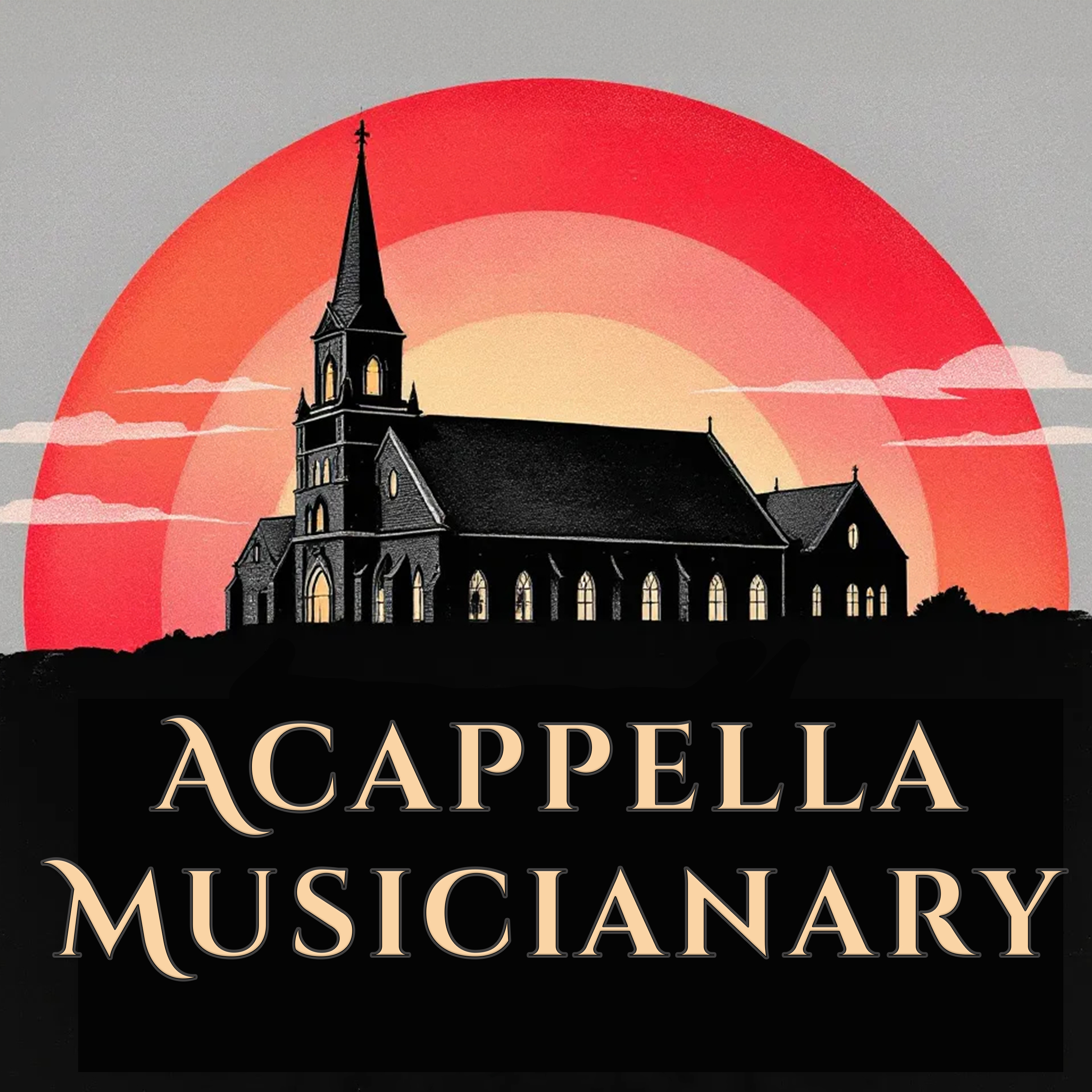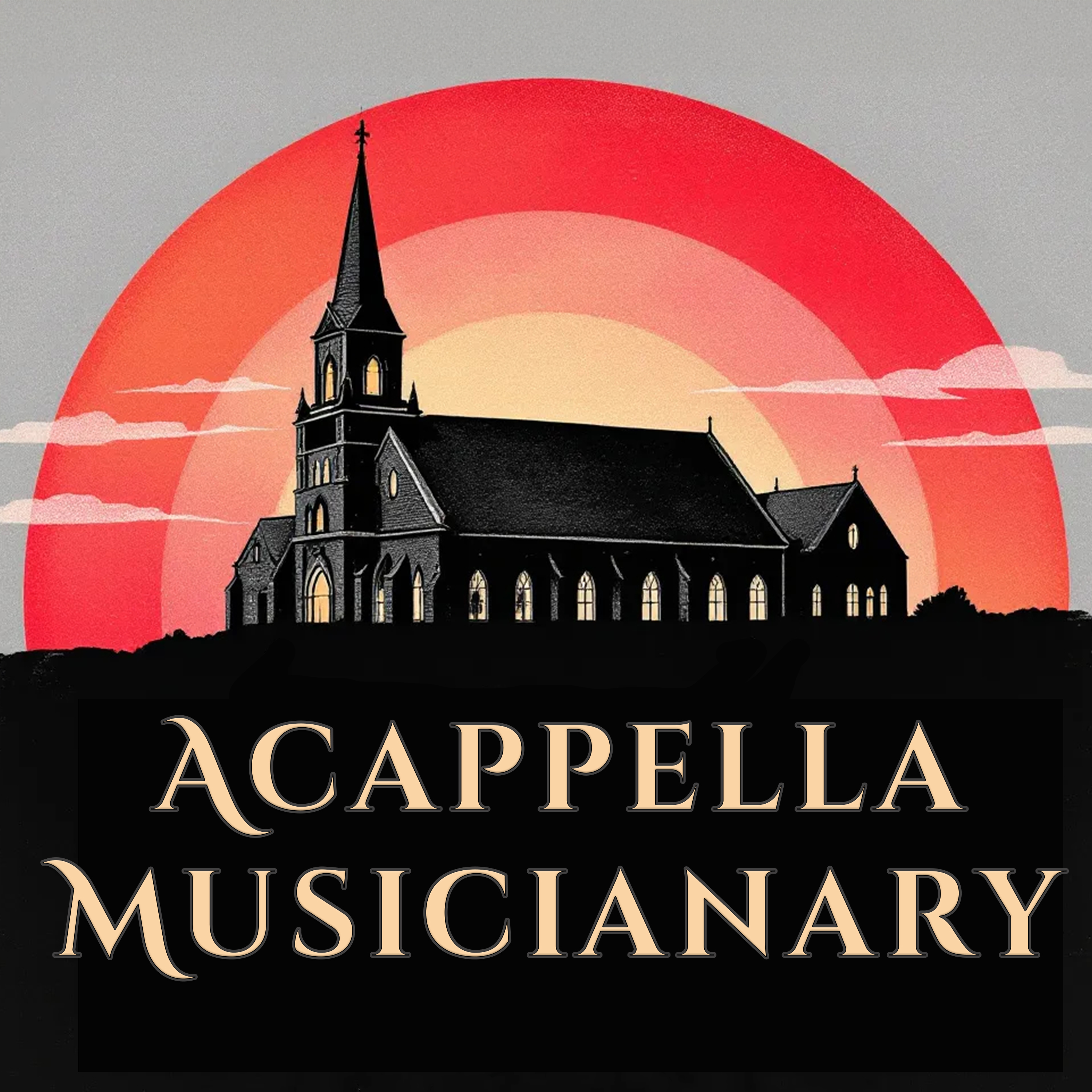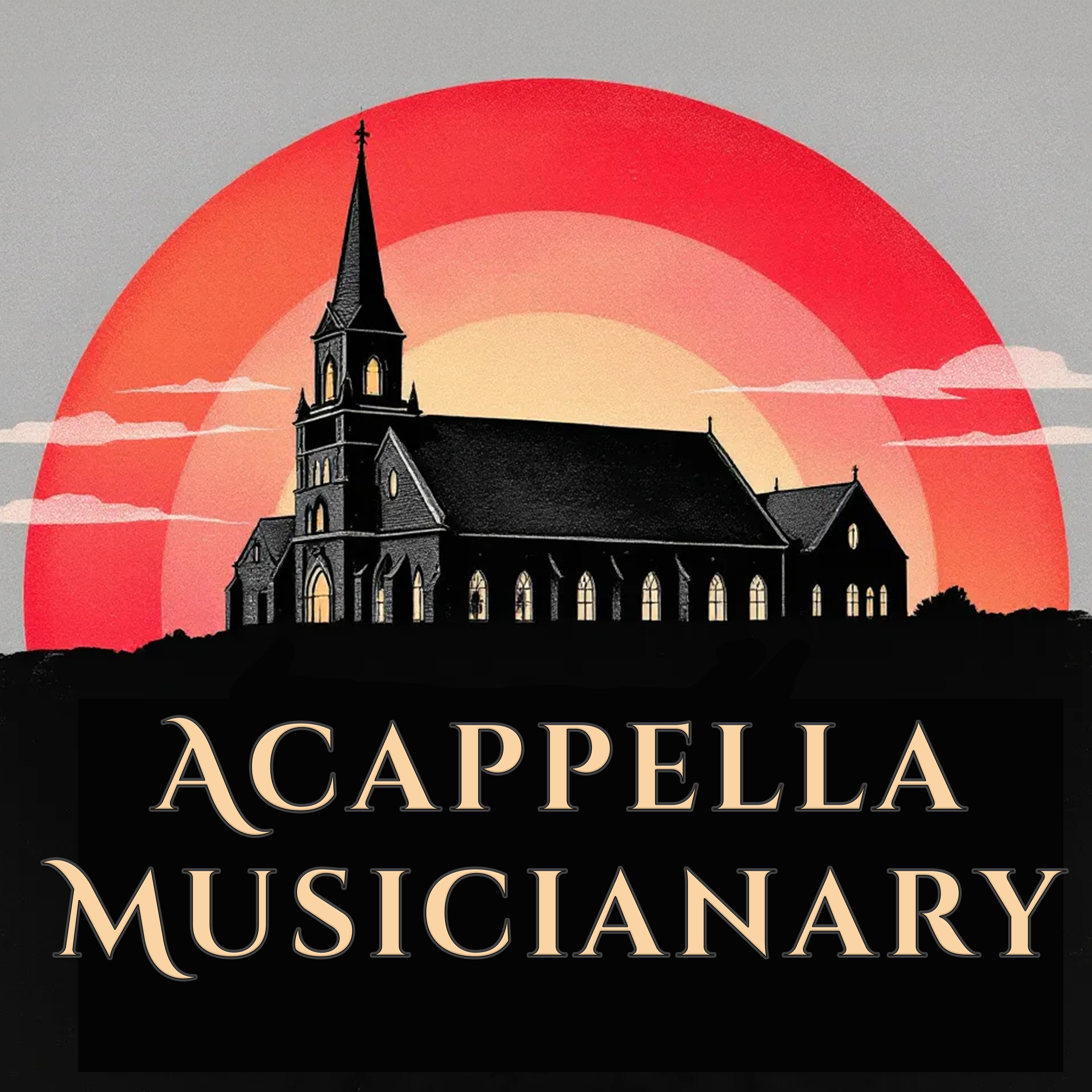Episode Transcript
Keith Lancaster
One of the most important aspects of our assemblies is the public reading of scripture. I recently spoke about how important expression is to singing and music, but what about scripture reading? Can it be more meaningful with adequate preparation? Absolutely! Let's talk about this.
My name is Keith Lancaster of Acappella Ministries. We invite you to join our mailing list so you can know our schedule and our special events that draw people from coast to coast. I'm thankful that I get to work with churches that involve a lot of the church members in the assembly. For example, the assignment of reading scripture in public is shared by many different readers.
However, there are times when it appears that the reader did not even invest any time in preparing to read the passage with any expression at all. It came across, frankly, as an uninspired, dead letter. But we know just the opposite. Hebrews 4:12 says the Word of God is living. It's alive. It's living and active and sharper than any two-edged sword.
So similar to the need for training song leaders to make singing more meaningful, we need to seriously invest training for those who read scripture in our assemblies. Let's first look back at history. When you get a chance, I hope you'll check out the articles by my brilliant friend Jordan Arnold, minister in Falls Church, Virginia. In his article entitled, The Importance of reading scripture out loud. He says, it's a fascinating fact of intellectual history that in antiquity reading was not a silent, solitary endeavor that we assume today, but rather an event of spoken word, aural, performative. Words in text, in other words, were not merely for the mind, but for the ear. Jordan goes on to say, after all, reading scripture aloud is not a perfunctory ritual, nor a minor formality to be checked off on a Sunday morning. It's a sacred speech act, embodied proclamation of reverent submission and faith in the power of God's Word to affect what it declares.
Well said, Jordan. How in the world can we allow people to read scripture in a manner that makes it sound like a dead letter? I rarely hear of serious classes in training, especially for adults involving scripture memory and declaration. Of course, not every passage would be interpreted in a similar manner. It depends on the context.
It does not seem feasible to take this inspirational psalm, for example, and read it with no inflection. Shout for joy to God, all the earth. Sing the glory of His name. Make His praise glorious.
Rather with a spiritual mindset, prayerful preparation, you could address that same passage with, Shout for joy to God, all the earth! Sing the glory of His name! Make His praise glorious! Say to God, How awesome are your deeds! So great is your power that your enemies cringe before you!
All the earth bows down to you. They sing praise to you. They sing the praises of your name. Come and see what God has done, His awesome deeds for mankind.
Hopefully soon I'm going to interview my friend Luke Barnett, who sets the standard on Scripture memory and Scripture proclamation. I believe this should be at the forefront of our gatherings.
In addition to proclaiming His Word, I will praise the Lord all my life. I will sing praise to my God as long as I live.


